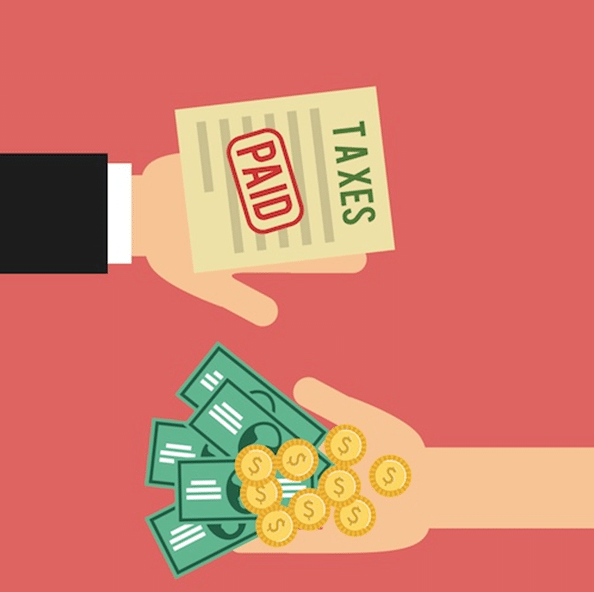A Warning about Late or Missing Quarterly Tax Payments
For those who are self-employed or have other income that is not subject to tax withholding, April 15th wasn’t just the deadline for filing taxes with the rest of the country. It was also the first due date of the year for quarterly tax payments. If this is news to you, then follow along because this is going to potentially help you avoid a large bill from the Internal Revenue Service (IRS).
Quarterly tax payments are generally based on your income from the previous year, and are due on April 15, June 15, September 15, and January 15 of the following year. You are required by the IRS to pay quarterly taxes if you expect to owe more than $1,000 in taxes for the year, otherwise be subject to fines and penalties.
What if your payments are late or you don’t make them at all?
If you pay your quarterly taxes late, then the IRS has the option of charging you a fee for each day that it is late. If you decide not to pay your quarterly taxes at all, then you run the risk of being charged for each day you fail to make the payment and that can add up to a significant balance. Some individuals, especially those who ended up with less income than the previous year, forego payments and instead wait to see what they owe when they file their taxes. If this is your situation, then we recommend talking to a tax accountant to see if this is the best strategy.
Quarterly tax payments are not just a way for the IRS to collect taxes, but they are also helpful for individuals who want to avoid a large payment at tax time and/or the hefty fines that accompany it.
The next quarterly tax payment due date is coming up on June 15th. Now is the time to plan accordingly for this deadline.








